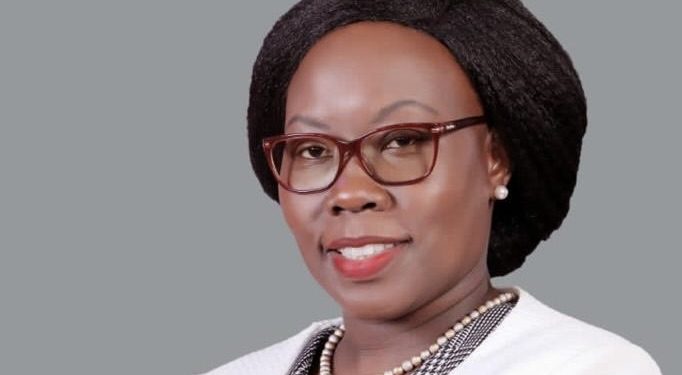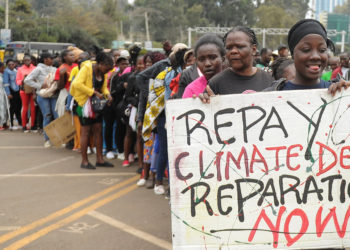The regional capital markets regulators, under the umbrella of East African Securities Regulatory Authorities (EASRA) have resolved to develop a regulatory framework for sustainable finance, with a view to developing a harmonized regional framework. The framework will provide standards for regulating sustainability linked issuance of securities, use of proceeds, projects evaluation and reporting.
As testament of the iron-clad commitment of the regulators towards contributing to the net-zero agenda, regional regulators will also conduct a regional study on carbon credit markets with the view to gaining an understanding of the existing stakeholders and the regulatory framework, which would inform an East African regional carbon credit framework for domestication at national level.
Speaking at the meeting, the Chairperson of EASRA, Ms. Josephine Okui Ossiya, who is also the Chief Executive Officer of the Capital Markets Authority Uganda said that EASRA was keen on developing a new strategic plan for the next five years (2024 – 2029). To ensure that the plan meets the long-term funding needs of the region, it will be anchored on the East African Community Vision 2050, the African Union Agenda 2063 and the United Nations sustainable development goals. She added that, “For relevance and the necessary buy-in, the strategic plan development process will see a wide variety of stakeholders being consulted, on what they would wish to see regional capital markets regulators do to facilitate capital raising, while ensuring investor protection. We shall be reaching out to market intermediaries across the East African region to get their views on challenges they face and proposals on regulatory interventions that could eliminate the hurdles and ease market development.”
At the same meeting, the regulators also deliberated on key emerging issues in the region including oversight of commodities exchange markets, supervision of over-the-counter markets, segregation of client assets, making private capital financing work for Small and Medium Enterprises, operation of regulatory sandboxes and growth of collective investment schemes. They noted the need to ensure the EAC market is homogeneous.
The committee further underscored the risks presented by macro-economic stability and urged members to develop local investor bases, to mitigate the risk of reversal of inflows from off-shore investors. It was noted that EASRA remains a powerful platform to learn from each other and also identify early warning signs that may have a ripple effect on the region. To this end, the members committed to ensure continued information sharing.
The Chairperson welcomed the full establishment of CMA-Burundi. She further tasked the technical committees to expedite the process of bringing on-board the Democratic Republic of Congo, the Republic of South Sudan and Somalia in fulfilment of the regional agenda of creating integrated capital markets.








Discussion about this post